Whatever else will be said about him in the days and years to come, Boris Johnson will leave No. 10 having achieved the full extent of his policy ambitions: become Prime Minister. After a little under three years in office, Johnson has been reduced to the status of squatter in Downing Street, pottering about with a cabinet consisting of Nadine Dorries and pocket lint, grumbling about leakers and betrayers.
Having successfully weaned itself off foxhunting, the Conservative party meanwhile is preparing for another bout of its favourite triennial bloodsport. The latest leadership contest promises to be as pleasingly brutal as the last few, and the candidates are already engaged in the traditional events of networking, spinning, and desperately distancing themselves from the government they were very happily serving in until last week.
Whichever candidate wins will have a tough act to follow: Boris swept to office with a massive majority and proceeded to squander it on protecting badly behaved MPs, handing Brussels control of Northern Ireland, and achieving nothing of actual note. The next leader will be expected to pick up the pieces, and make the party electable again.
While Westminster obsesses over the runners and riders, Britain continues to become a steadily worse place to live. House prices are rising at the fastest rate in 18 years, with the average home now costing nearly £300,000. Energy bills and food prices are soaring, wages are stagnant – in real terms, we’ll still be earning less in 2025 than we did in 2008 – and young graduates are set to face marginal tax rates of 50% from next year as the government once again dips into young people’s pockets to subsidise the triple lock.
The NHS is collapsing under the weight of its various backlogs, its £136 billion budget no longer able to keep pace with the various demands of an ageing population and ongoing Covid cases. Police forces have given up investigating burglaries in order to spend more time burnishing their figures by nabbing people for mean tweets online. In the rare event that the police do take the time to extract themselves from the piles of paperwork burdening their desk to investigate your complaint, and through some miracle of CCTV availability catch the perpetrator, you can look forward to kicking your heels for a year or more as the case works its way through the waiting list for a courtroom.
Britain is in a dire state, and while it may not be entirely Boris Johnson’s fault, he certainly didn’t do much to help matters. Whoever is unfortunate enough to win the leadership contest will need to fix things, fast. Fortunately for our next Prime Minister there are policies they could introduce tomorrow to make Britain a better place to live.
A dream to-do list would start with housing. With about two years until the next election, there probably isn’t time to introduce the sort of large-scale planning reforms that would see Britain finally achieve its ideal form of a towering London megacity surrounded by wilderness. That doesn’t mean there isn’t time to tinker around the edges. Introducing small policy changes like the flexible right to buy or street votes would free up or create housing in the most productive parts of the country, giving an immediate boost to GDP while making everyone involved – from council tenants to homeowners – better off.
Next, no government does well when food and energy prices are going through the roof. While an inflation crisis is great cover to introduce longer term supply side reforms like cutting corporation tax, nobody realistically expects these to play out before prices start coming down. Fortunately, there are other steps we can take to make things cheaper. Inflation may be a problem of too much money chasing too little output, but some costs are entirely voluntary; tariffs on food and drink do little more than make our weekly shops more expensive.
Equally, no British government does well when the NHS is visibly struggling. Lifting artificial caps on the number of doctors and nurses trained domestically would be a sensible longer term step, but in the immediate future we need to find ways to make more efficient use of the talent we already have. A simple way of doing this would be hiring more bureaucrats. NHS doctors currently spend large chunks of their days phoning to chase results, copying out drug charts word for word, printing blood stickers, and handling the administration of discharged patients. NHS doctors also cost considerably more per hour than secretaries.
What matters for patient service isn’t the number of doctors, but the number of effective doctors. You can increase the latter by letting them offload their bureaucratic task onto dedicated support staff. This isn’t just easier and faster than putting a cohort of medical students through university, it’s cheaper and more efficient too. Doctors would love it, patients would come to love it, and you might just go down as the Tory prime minister who saved the NHS.
It’s not possible to bring crime down overnight. Hiring more police officers would certainly help, although it might be difficult to persuade certain vertically challenged candidates that spending money is ever worth it. That doesn’t mean there aren’t shorter term measures the government could introduce to put dangerous offenders behind bars. A national CCTV register so coppers can easily find footage of crimes where available, strong sentences for repeat offenders on a pathway for escalation, and freeing up prison space by scrapping ineffective short sentences would all work to set things in the right direction. Equally, it might not be possible to end the court backlog in the next year, but giving barristers a much overdue payrise would help stop the profession bleeding out talent.
Finally, growth isn’t everything, but it is a lot. It’s certainly easier for people to put up with a period of bust if there’s a period of boom before or after. Some of the easiest and most effective pro-growth measures would be as simple as scrapping some of the more damaging policies left over from Boris’s agenda: the Online Safety Bill which sets out to kneecap Britain’s tech sector, and the corporation tax increase set to go through next year.
All of these policies are designed to work in the short term, with the assumption that winning the next election is possible. If instead the lucky winner of the leadership contest finds the damage done by their predecessor insurmountable, then they will have the opportunity to pass long term laws for the good of the country without having to worry about re-election – in which case, could we start by scrapping the triple lock?
Got something to add? Join the discussion and comment below.
Get 10 issues for just $10
Subscribe to The Spectator Australia today for the next 10 magazine issues, plus full online access, for just $10.

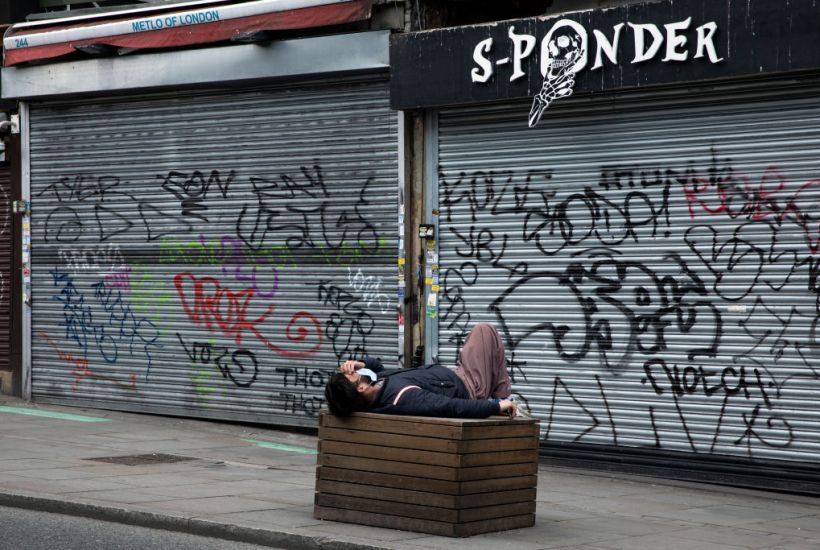
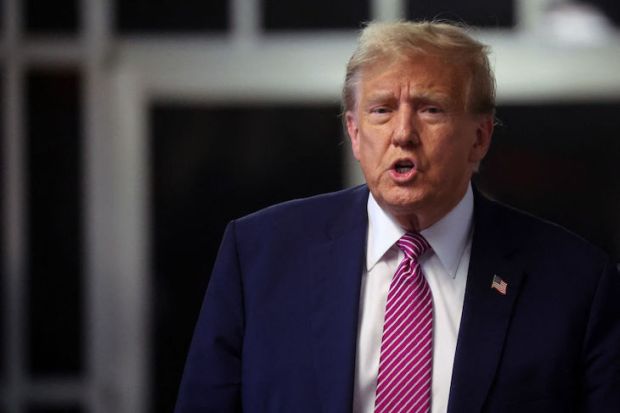

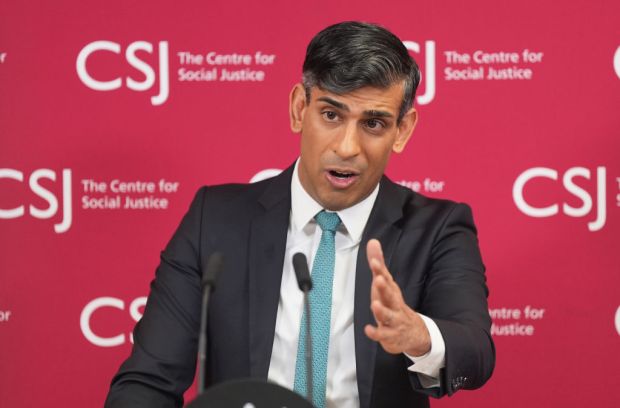
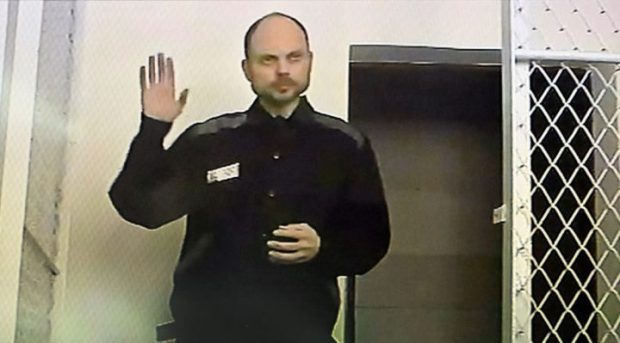
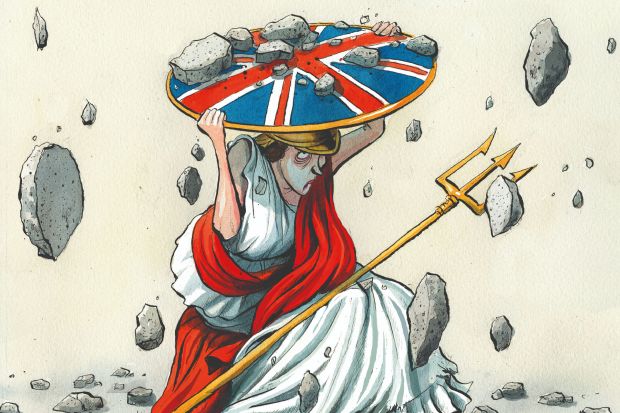













Comments
Don't miss out
Join the conversation with other Spectator Australia readers. Subscribe to leave a comment.
SUBSCRIBEAlready a subscriber? Log in